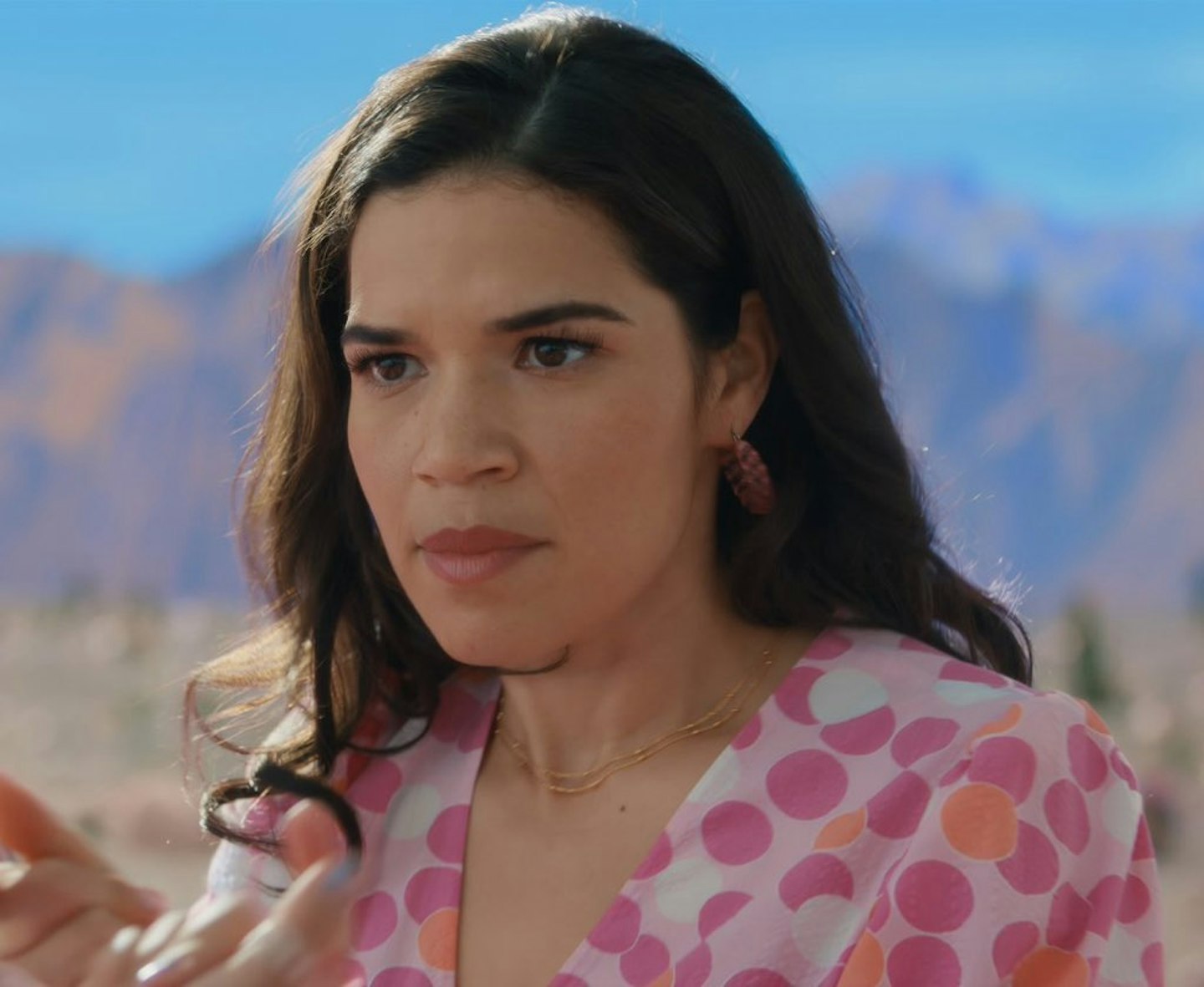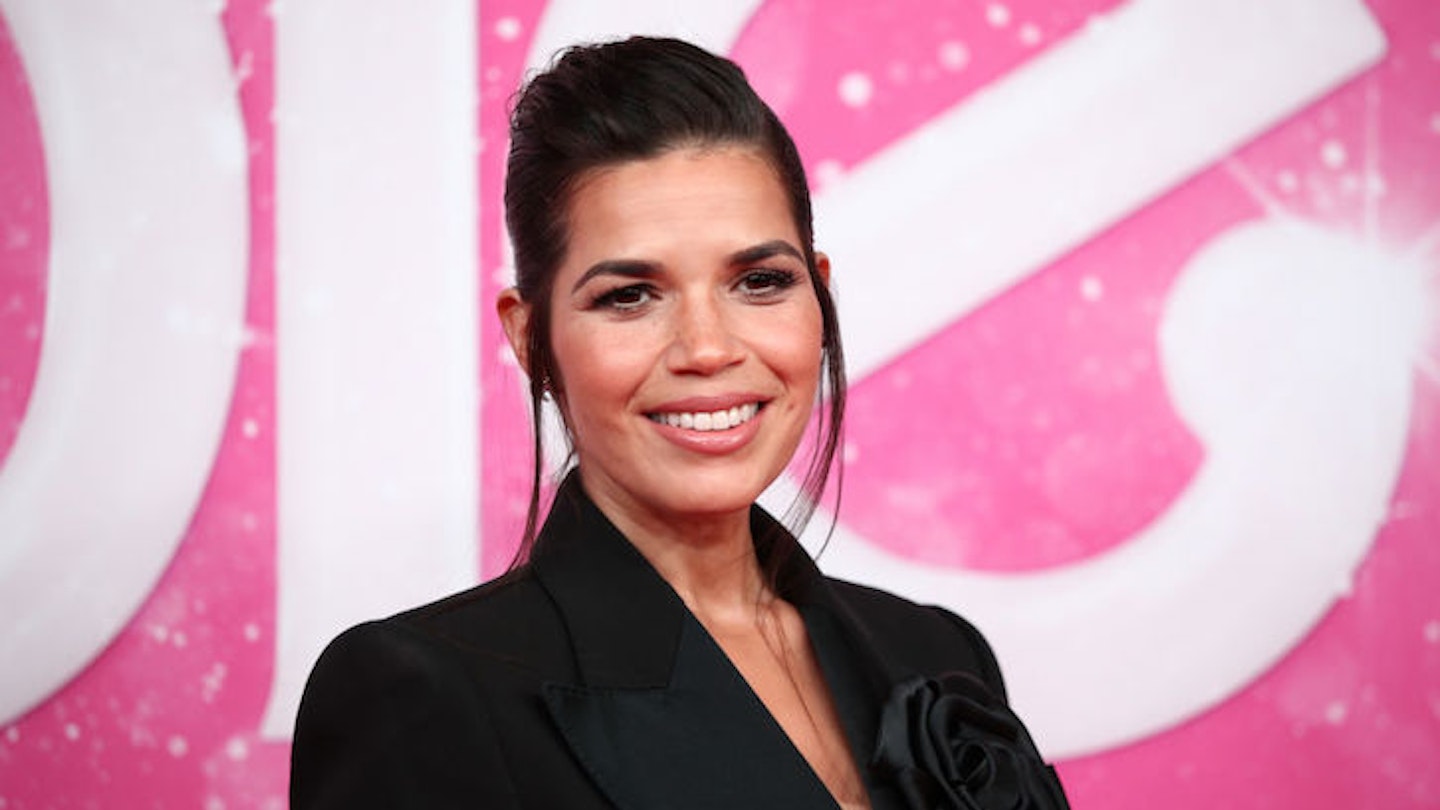Whether or not you’ve seen Greta Gerwig’s juggernaut of a Barbie movie, you’ve likely heard of the monologue delivered towards the end of the film – the one that sums up in perfect, rousing, heartbreaking fashion the impossibility of being a modern woman.
Fans have taken to Twitter to tell of how they ‘sobbed uncontrollably’ at the monologue, calling it ‘insightful’ and ‘accurate’.
Delivered by America Ferrera, the speech encapsulates beauty standards, imposter syndrome, motherhood, career pressures, existing and attempting to thrive under the male gaze. It was written by Gerwig originally, but the director collaborated with America, who did her own research and even kept a personal journal with her thoughts on the key themes of the monologue – nine months before she joined the Barbie movie, no less.
‘Ultimately, it was about giving myself permission to let go of expectations that had been placed on me,’ America told The Cut about her journaling. ‘I was trying to meet those expectations and be my true self. And those things were at odds, and something had to give.’
These expectations that America felt the need to let go of are ones that we can all relate to, and are relayed in the monologue itself: the pressure to be ‘thin but not too thin, and you can never say you want to be thin’. There’s a lot on the toxicity of beauty standards to reflect on: ‘you’re supposed to stay pretty for men, but not so pretty that you tempt them too much’.

The irony is that the show that made America famous, Ugly Betty, played a part in fuelling unhelpful narratives about womanhood. While Ugly Betty called out the often impossible beauty standards that women face, dubbing America’s central character Betty as ‘ugly’ - due to the fact she wears glasses and braces and is a dress size or so bigger than a model - suggests that the show had still internalised some misogyny.
Ugly Betty aired from 2006 until 2010, and society has moved forward in some ways in terms of embracing different body types and ways of perceiving ‘beauty’. But it feels particularly serendipitous that America is countering the criticisms made of the TV show with the words from her latest role in Barbie.
Her words prove how far we’ve come, and how much further we have to go. The patriarchy expectations put on women remain contradictory, setting us up to fail. Even if you empower yourself in one way, it’s hard to not feel like you’ve 'failed' at another part of the equation. Which is why so many people have wept in the cinemas hearing that ‘the system is rigged’. We feel like this everyday.
But the speech, and America, are both giving us a new space to talk about it, to navigate a way forward. By delivering a monologue that demonstrates the importance of these issues, as well as their complexities, America has highlighted our need to fight against the patriarchal structures that uphold them.
